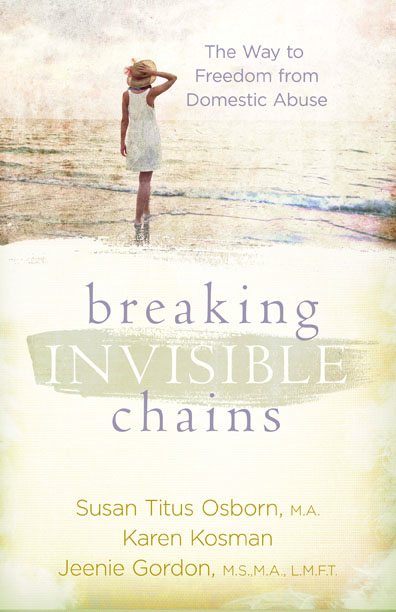Here are pitfalls 17-20. Next week you will be given pitfalls 21-24 to avoid. Watch for these pitfalls to help you improve your writing.
- Watch for “To Be” Verbs
Eliminate weak verbs such as “was,” “were,” “is,” “had,” “have,” “become,” and any form of “to be.” Instead of writing “He is happy,” use “He skipped down the road humming his favorite tune.” Often when you eliminate a “to be” verb, you also get rid of an “ing.” Example: Instead of saying, “The man was ambling down the road,” use “The man ambled down the road.”
18. Watch for Negatives
Write in a positive form. Leaving out negative words makes your writing clearer and more upbeat. Also, negatives are often confusing. Example: Instead of saying, “He was not very often on time,” use “He usually came late.”
19. Watch for Abstract Nouns
Use descriptive nouns. Nouns that are concrete, specific, and definite are best. Instead of “tree,” name a type that describes what you want the reader to see: eucalyptus, magnolia, or aspen.
20. Watch for Adjectives
Adjectives are necessary, but use them as sparingly as possible. An overdone example is: “The thin, narrow black ribbon of highway wound through the velvety, emerald-green dense jungle that lurked on either side of the thin, narrow black ribbon of highway.” Instead say: “The narrow ribbon of highway wound through the dense jungle that lurked on either side.”


